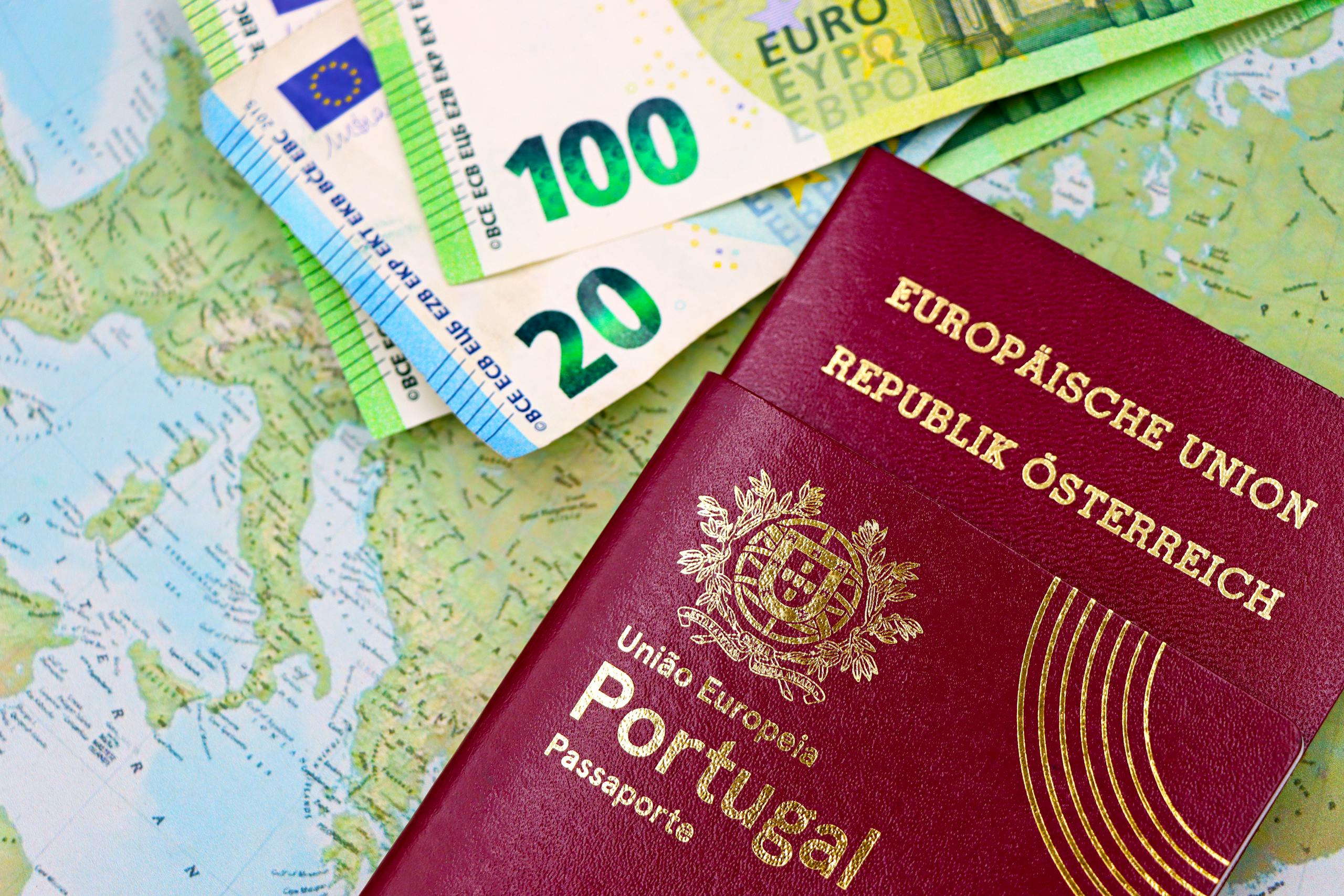Studying hospitality abroad is a once-in-a-lifetime experience. You’re gaining world-class education, meeting people from different cultures, and preparing for a global career. But let’s face it—living in a new country can also be expensive if you’re not careful with your money.
Budgeting may not be the most glamorous part of your international journey, but it’s one of the most important. Managing your finances wisely will allow you to enjoy your time abroad without unnecessary stress or debt. The good news? With a bit of planning and discipline, you can live comfortably and still have an unforgettable experience.
Here’s how to build smart money habits while studying hospitality abroad.
Start With a Realistic Budget
Before you even board your flight, take time to research the cost of living in your host city. Cities like London or Lausanne may be more expensive than places like The Hague or Lyon. Look into the average costs for housing, transportation, groceries, entertainment, and student life in your destination.
Once you understand your monthly expenses, map out your income, whether it’s from family support, part-time work, or scholarships. Aim to set a fixed budget for each category, and always leave a small buffer for emergencies.
Track Your Spending From Day One
One of the easiest mistakes students make abroad is underestimating small daily costs, like coffee runs, weekend trips, or late-night food deliveries. These things add up quickly. From the moment you arrive, make it a habit to track what you’re spending.
You can use apps like Revolut, Monzo, or Mint to get a clear view of where your money is going. Even a simple spreadsheet or a notebook can work if you prefer to keep things offline. By checking your spending weekly, you’ll stay in control and avoid end-of-the-month surprises.
Save on Housing and Transportation
Accommodation is often the biggest monthly expense. If you’re on a tight budget, consider student housing, shared apartments, or living slightly outside the city center where rent tends to be cheaper. Don’t forget to factor in utilities like electricity, water, and internet if they aren’t included in your rent.
For transportation, see if your city offers discounted student passes for buses, trains, or metros. Walking or biking whenever possible is not only healthy, it’s free. Many European cities are student-friendly and well connected, so you might not even need a car.
Cook More, Eat Out Less
As a hospitality student, chances are you enjoy food. But eating out every day can burn through your budget fast. Try to prepare your own meals most of the time. Cooking at home is cheaper, healthier, and it’s a great way to sharpen your culinary skills.
That doesn’t mean you can’t enjoy dining out, just do it occasionally, and look for student discounts or lunch specials. You can also organize potlucks or cooking nights with friends. It’s a fun and budget-friendly way to socialize.
Use Your Student Status to Save
Your student ID is more powerful than you think. Many businesses, museums, restaurants, and transport services offer discounts for students, especially in Europe. Always ask if a student rate is available before you pay.
You can also apply for international student discount cards like the ISIC, which gives you access to thousands of deals around the world. Don’t be shy about using your status, it’s there to help you save.
Plan Your Leisure Time Wisely
Studying abroad is about more than just lectures and exams, it’s about making memories. That said, you don’t need to go on luxury weekend getaways to enjoy your time. Look for free or low-cost activities like local events, hiking trips, cultural festivals, and student socials.
If you do want to travel, plan ahead. Book transportation early, travel in groups to split costs, and stay in hostels or budget accommodations. Sometimes, the most unforgettable experiences are also the simplest.
Work Part-Time or Take Paid Internships
Depending on your visa type and your country of residence, you may be allowed to work part-time during your studies. Hospitality students often find flexible jobs in cafes, hotels, or event venues, which can also double as hands-on learning experiences.
Another great option is to look for paid internships through your school or programs like Placement International. These allow you to gain experience, earn money, and build your resume, all at the same time.
Before you accept any job, always check your visa conditions and make sure you’re not violating any rules.
Keep an Emergency Fund
Unexpected costs can come up anytime, like a last-minute flight home, medical expenses, or losing your phone. Having a small emergency fund can save you a lot of stress. Even saving just a little each month adds up over time.
Try to keep this money separate from your everyday budget so you’re not tempted to use it for daily expenses. Think of it as your financial safety net.
Study abroad with Hospitality Academy
Studying hospitality abroad is an incredible investment in your future, but it’s also a big responsibility. By budgeting wisely, you’ll not only stretch your money further, but also learn valuable life skills that will serve you well in your career.
Hospitality is about planning, attention to detail, and creating amazing experiences, and those same skills apply to how you manage your finances. So take control of your money, stay focused, and enjoy the journey. If you need more student tips, make sure you register here so we can help you in your journey abroad!




